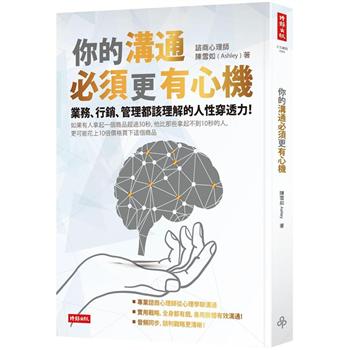This volume presents a selection of some of the most exciting new perspectives on moral development which have emerged over the last decade and have transformed our understanding of the field.
The contributors cut across traditional boundaries to provide an innovative and integrative approach to fundamental questions dealing with the nature and acquisition of morality. In addressing these questions, the chapters draw on new work on the origins of morality in infancy and the early years, comparative approaches examining morality in primates, new perspectives on moral emotions such as guilt and empathy, and new perspectives on the emerging moral self in childhood and moral identity in adolescence. The book also examines the roles of parenting and culture in children’s and adolescents’ moral development. Each chapter is framed in theory and methodology and provides illustrative examples of new research to address important questions in the field.
This book is essential reading for researchers and advanced undergraduate and postgraduate students studying moral development and developmental psychology. It is also of interest to academics and professionals in related fields such as education and public policy.







![塔木德:猶太人的致富聖經[修訂版]:1000多年來帶領猶太人快速累積財富的神祕經典 塔木德:猶太人的致富聖經[修訂版]:1000多年來帶領猶太人快速累積財富的神祕經典](https://media.taaze.tw/showLargeImage.html?sc=11100697818)


